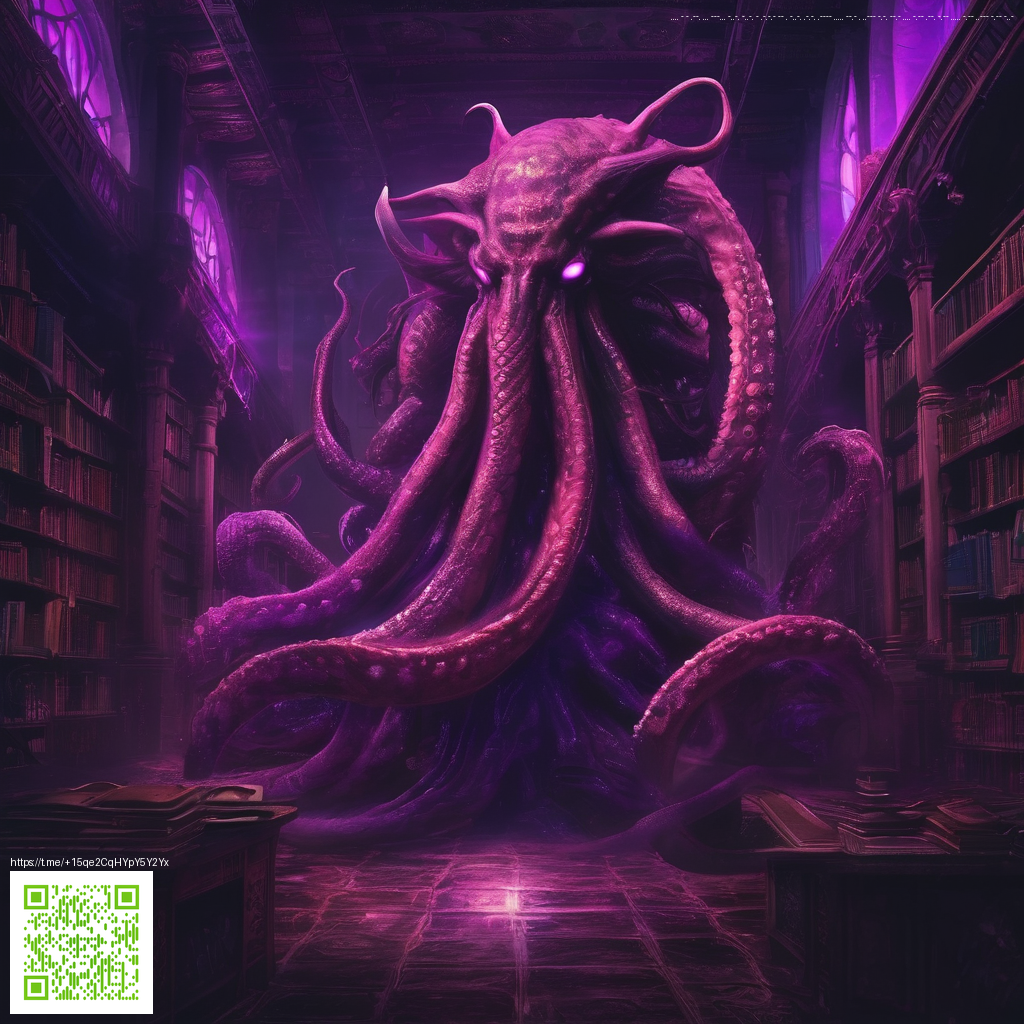
Defining an era through bold design in indie RPGs
Deltarune has become a touchstone for how modern indie RPGs can blend sharp writing with inventive gameplay. Its path from a free demo to a full fledged chaptered release mirrors a broader shift in the genre toward games that treat players as co narrators rather than passive observers. The result is a title that invites experimentation, rewards curiosity, and leaves a lasting imprint on how studios think about pacing, tone, and player choice.
At its core the title stakes its claim through a deliberate mix of familiar roots and fresh directions. It leans on the groundwork laid by classic pixel era RPGs while injecting modern sensibilities like fast puzzle sequences, dynamic party interactions, and a battle system that rewards strategic thinking beyond simply pressing attack. The combat is still turn based yet the rhythm shifts with each encounter, encouraging players to read enemies, leverage personality driven party skills, and decide when mercy is the preferred path. That willingness to honor tradition while bending it into new shapes is a hallmark of its era defining energy 🎮.
Gameplay that reshapes the pacing of indie RPGs
The project embraces a tempo that prizes suspense over grind. Exploration is compact and purposeful, filled with character driven dialogue that nudges players toward meaningful choices rather than filler fetch quests. When a puzzle blocks a corridor, the solution often hinges on noticing an unusual interaction in the environment or interpreting a character’s motive rather than brute force. This emphasis on perception and timing makes every corridor feel like an invitation to think differently 🕹️.
In battle the system remains deceptively simple on the surface yet scales in nuance as you assemble a party with distinct personalities. You can choose to persuade, distract, or recruit opponents, adding layers of strategy beyond the obvious attack beat. The act of recruiting or sparing a foe weaves into the larger narrative, ensuring players feel the consequences of each decision in both tone and outcome. The result is a rhythm that rewards experimentation and punishes rushed, casual play, a combination that many fans feel set a new standard for indie RPGs.
From Undertale heritage to a modern narrative craft
Deltarune stands on the shoulders of Undertale while stepping into its own multicultural space. The storytelling trusts players to pick up fragments and assemble meaning, a technique that invites creative theories and discussion across communities. The writing balances humor with darker undercurrents, allowing light moments to coexist with threshold moments that feel personal and surprising. This tonal balance—playful but patient, intimate yet expansive—has influenced a wave of indie titles that aim to be more than just games they are conversations with players.
Development milestones have also shaped its cultural footprint. The first chapter arrived as a free release in 2018, with a subsequent chapter in 2021, and the later chapters released in 2025 as part of a paid expansion. This release cadence reinforced the idea that indie RPGs can evolve over years rather than months, turning players into a living audience that grows with the game. The approach has encouraged studios to think long term about world building, accessibility, and ongoing dialogue with fans 🧠.
Community insights and the modding culture
The community surrounding Deltarune thrives on collaboration, theory crafting, and a shared sense of discovery. Fans crowdsource interpretations of hidden dialogue, map layouts, and potential endings, creating a vibrant tapestry of ideas that often outpaces official commentary. That collective energy fuels fan art, fan fiction, speedruns, and theory videos, all of which keep the game in living conversation long after new chapters drop. The modding scene, while careful to respect the creator’s vision, explores balance tweaks and quality of life improvements, showcasing how a dedicated community can extend a title’s life span far beyond its release window 🎨.
Developer perspectives and a forward-looking horizon
Creative leadership has continually framed the project as a long arc rather than a single sprint. The studio has emphasized iteration, listening to community feedback, and refining pacing with each release. That approach aligns with a broader trend among modern indie RPGs that treat updates as events rather than tasks. As players anticipate future chapters, the conversation expands to how narrative design, player choice, and character arcs can push the medium toward even more ambitious storytelling standards ⚔️.
For readers who want to connect the experience to tangible gear or merch while they dive into the game’s world, there are always pop culture crossovers to explore. A slim glossy phone case for a popular device provides a sleek nod to the stylish aesthetics fans love in Deltarune while you’re on the go. It is a subtle reminder that the is not just about what you play but how you carry that passion into everyday life.
Whether you’re chasing perfect pacifist routes, speedrunning to uncover every secret, or simply savoring every character moment, this title continues to shape how indie RPGs are imagined and discussed. It invites collaboration, rewards patience, and celebrates the joy of unexpected twists. That atmosphere, more than any single mechanic, is what makes it a touchstone for a generation of games to come 🎮.
Explore more from our network to see how design and identity influence games across genres and platforms. For a practical gadget companion, check the official product linked below to complement your gaming setup.
Slim Glossy Phone Case for iPhone 16 Durable Wireless Charge